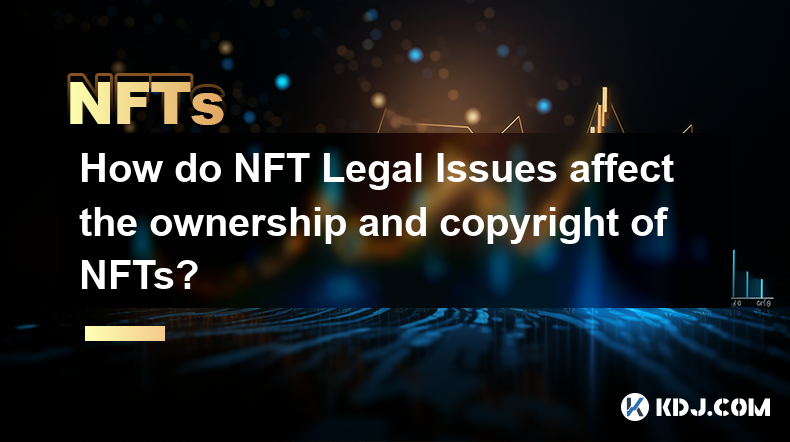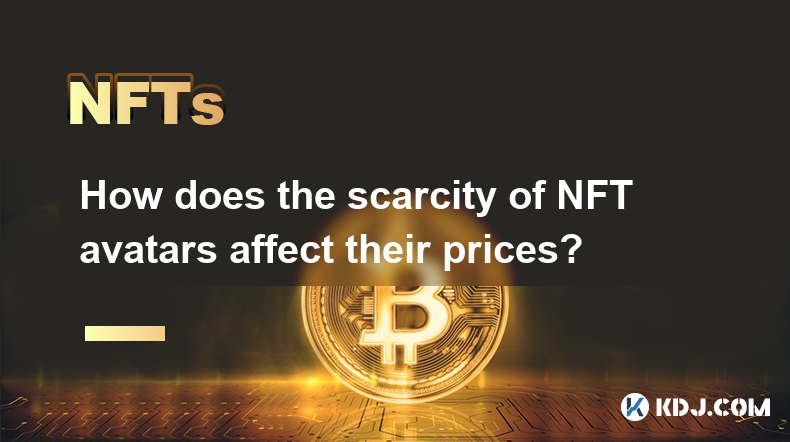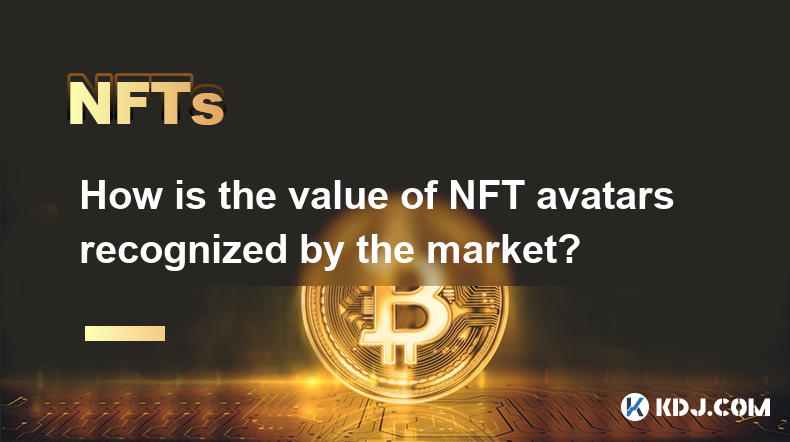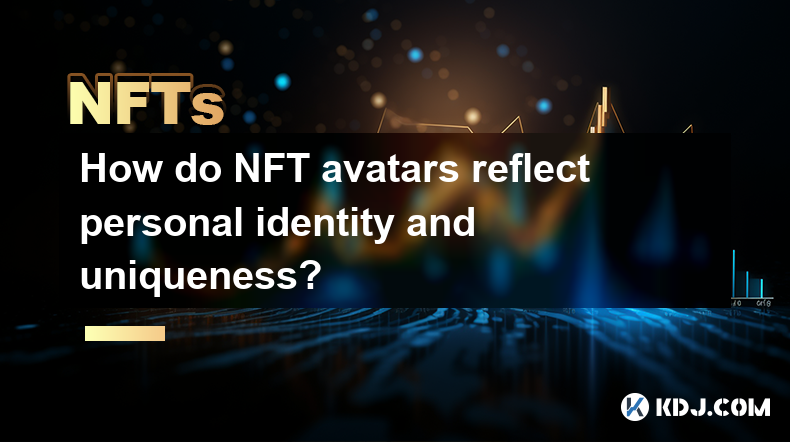-
 Bitcoin
Bitcoin $82,888.2507
0.21% -
 Ethereum
Ethereum $1,826.4116
0.80% -
 Tether USDt
Tether USDt $0.9998
0.01% -
 XRP
XRP $2.0924
-2.17% -
 BNB
BNB $600.4086
-0.52% -
 Solana
Solana $126.0638
1.46% -
 USDC
USDC $0.9999
-0.01% -
 Dogecoin
Dogecoin $0.1640
-2.63% -
 Cardano
Cardano $0.6498
-2.77% -
 TRON
TRON $0.2356
2.43% -
 Toncoin
Toncoin $3.9911
5.30% -
 Chainlink
Chainlink $13.4207
-0.87% -
 UNUS SED LEO
UNUS SED LEO $9.0861
-6.24% -
 Stellar
Stellar $0.2672
0.13% -
 Avalanche
Avalanche $18.7915
-2.46% -
 Shiba Inu
Shiba Inu $0.0...01227
-2.25% -
 Sui
Sui $2.2578
-3.57% -
 Hedera
Hedera $0.1630
-3.90% -
 Polkadot
Polkadot $4.0311
-0.30% -
 MANTRA
MANTRA $6.3127
1.62% -
 Litecoin
Litecoin $82.2584
-3.82% -
 Bitcoin Cash
Bitcoin Cash $300.3792
-1.34% -
 Bitget Token
Bitget Token $4.4887
-1.64% -
 Dai
Dai $0.9999
0.00% -
 Ethena USDe
Ethena USDe $0.9999
0.02% -
 Pi
Pi $0.7023
-7.73% -
 Hyperliquid
Hyperliquid $12.7602
2.76% -
 Monero
Monero $216.6686
0.09% -
 Uniswap
Uniswap $5.9473
0.32% -
 Aptos
Aptos $5.3341
1.57%
How do NFT Legal Issues affect the ownership and copyright of NFTs?
NFT ownership is legally ambiguous; owning an NFT doesn't automatically grant copyright to the underlying asset. Legal frameworks are lacking, creating challenges in enforcing rights and resolving disputes globally, highlighting the need for clearer legal guidelines.
Mar 15, 2025 at 03:26 pm

Key Points:
- NFTs, while seemingly offering unique ownership, face complex legal ambiguities regarding true ownership and copyright.
- Existing copyright laws often clash with the decentralized nature of NFTs, leading to uncertainty about infringement and licensing.
- The lack of clear legal frameworks globally creates challenges in enforcing rights and resolving disputes.
- "Ownership" of an NFT may not equate to ownership of the underlying asset's copyright, leading to potential conflicts.
- Smart contracts, while crucial to NFT functionality, lack universally accepted legal interpretations, impacting enforceability.
How do NFT Legal Issues affect the ownership and copyright of NFTs?
The burgeoning world of Non-Fungible Tokens (NFTs) presents a fascinating intersection of technology and law, particularly regarding ownership and copyright. While often marketed as providing unique ownership, the legal landscape surrounding NFTs remains surprisingly murky. This ambiguity creates significant challenges for both creators and buyers.
The core issue lies in the disconnect between the ownership of the NFT itself and the ownership of the underlying intellectual property rights. Simply owning an NFT does not automatically grant you full copyright over the artwork or asset it represents. The creator retains copyright unless explicitly relinquished in the smart contract or through a separate licensing agreement. This fundamental point often leads to misunderstandings and disputes.
Existing copyright laws, designed for a pre-digital era, struggle to adequately address the unique characteristics of NFTs. The decentralized and borderless nature of blockchain technology complicates enforcement of traditional copyright regulations. Determining jurisdiction in international NFT disputes becomes a significant hurdle.
The smart contracts governing NFTs are intended to define ownership and usage rights. However, the legal interpretation of these contracts varies across jurisdictions, leading to uncertainty about their enforceability. A smart contract might clearly outline certain rights, but its legal weight might be challenged in a court of law depending on the location and applicable legislation.
The concept of "ownership" within the NFT context is further complicated. While an NFT proves ownership of a specific token on a blockchain, it doesn't necessarily grant exclusive rights to use, reproduce, or modify the underlying asset. For example, owning an NFT of a digital painting doesn't automatically give you the right to print and sell physical copies of that painting without the artist's permission. This is where licensing agreements become crucial but also complex to negotiate and enforce.
The lack of established legal precedents in the NFT space adds to the complexity. Courts are still grappling with how to interpret and apply existing laws to these novel digital assets. This lack of clarity creates considerable risk for both creators and collectors. The absence of a unified global legal framework further exacerbates the situation, making cross-border transactions and disputes particularly challenging.
Another crucial aspect is the potential for infringement. The ease of copying and distributing digital assets means that even owning an NFT doesn't guarantee protection against unauthorized use of the underlying artwork. While blockchain technology provides a verifiable record of ownership, it doesn't inherently prevent illegal reproduction or distribution.
Furthermore, the metadata associated with an NFT can also become a point of legal contention. Changes or inaccuracies in the metadata could impact the perceived value or ownership rights associated with the NFT. This requires careful consideration during the creation and minting process.
The use of NFTs in the metaverse further complicates matters. The ownership of virtual assets and their legal protection within virtual worlds are still largely undefined, posing additional legal challenges.
The situation is not hopeless, however. The increasing awareness of these legal issues is driving efforts to develop clearer legal frameworks and guidelines. International collaboration and legal harmonization are crucial for building a more stable and predictable legal environment for NFTs.
- What happens if someone infringes on the copyright of an NFT I own?
If someone infringes on the copyright of the underlying asset of your NFT, you can pursue legal action, but success depends on whether you hold the copyright yourself or if the creator retains it. The specifics depend heavily on jurisdiction and evidence of infringement.
- Does owning an NFT automatically give me the right to use the artwork commercially?
No. Owning an NFT typically grants you ownership of that specific token on the blockchain, but it doesn't automatically grant commercial usage rights unless explicitly stated in the smart contract or a separate license agreement.
- How are NFT-related legal disputes handled?
NFT-related disputes are handled through existing legal systems, although the application of law to this novel technology is still evolving. Jurisdiction can be a significant issue, particularly in international disputes. Arbitration might be a more efficient alternative to traditional court proceedings.
- What role do smart contracts play in defining NFT ownership and copyright?
Smart contracts aim to define the terms of ownership and usage rights, but their legal enforceability varies across jurisdictions. Their clarity and enforceability are crucial in determining the strength of ownership claims and the ability to protect against copyright infringement.
- What are the potential legal risks for NFT creators?
Creators face risks related to copyright infringement, licensing issues, contract disputes, and the lack of clear legal frameworks governing NFTs. Clearly defining ownership and usage rights in smart contracts and licensing agreements is crucial for mitigating these risks.
- Are there any international efforts to address the legal ambiguities surrounding NFTs?
Yes, various international organizations and legal bodies are working towards developing clearer guidelines and regulations for NFTs. However, a globally harmonized legal framework is still a work in progress. The complexities of international law and varying legal systems pose significant challenges.
Disclaimer:info@kdj.com
The information provided is not trading advice. kdj.com does not assume any responsibility for any investments made based on the information provided in this article. Cryptocurrencies are highly volatile and it is highly recommended that you invest with caution after thorough research!
If you believe that the content used on this website infringes your copyright, please contact us immediately (info@kdj.com) and we will delete it promptly.
- X2Y2 NFT marketplace is shutting down after three years of operation
- 2025-03-31 22:40:13
- The Meme Index ($MEMEX) presale wraps up at 2 p.m. UTC, with over $4.5 million raised.
- 2025-03-31 22:40:13
- Coinbase Global (COIN) Stock Is About to Form the Dreaded Death Cross Pattern
- 2025-03-31 22:35:13
- The Evolution of Metis: A Pioneering Infrastructure Beyond a Single L2
- 2025-03-31 22:35:13
- As the Countdown to Launch Begins, This Meme Coin Project Intertwines One of the Most Compelling Adventurous Stories
- 2025-03-31 22:30:12
- Dawgz AI (DAGZ) Token, the Smartest Bet for 2025
- 2025-03-31 22:30:12
Related knowledge

How does the scarcity of NFT avatars affect their prices?
Mar 25,2025 at 11:07pm
Key Points:Limited Supply: NFT avatar scarcity is directly tied to the fixed supply of a collection. A smaller number of unique avatars inherently increases their value due to higher demand.Demand Dynamics: High demand, fueled by factors like community hype, celebrity endorsements, and utility within a metaverse, significantly inflates prices.Rarity Att...

Can NFT avatars be copied or stolen?
Mar 21,2025 at 06:35am
Key Points:NFTs, by their nature, are unique and verifiable on the blockchain. However, the image associated with an NFT avatar can be copied.Copying an image doesn't grant ownership of the NFT itself. The original NFT and its ownership remain on the blockchain.Theft of an NFT involves gaining unauthorized access to a cryptocurrency wallet holding the N...

What is the creation process of NFT avatars?
Mar 19,2025 at 09:15pm
Key Points:NFT avatar creation begins with a concept and design.Various digital art tools and techniques are employed.Minting the avatar involves choosing a blockchain and marketplace.Metadata is crucial for defining the avatar's attributes.Promotion and marketing are vital for visibility and sales.What is the creation process of NFT avatars?The creatio...

Why do celebrities use NFT avatars as personal identification?
Mar 20,2025 at 07:15pm
Key Points:NFTs offer celebrities a unique and verifiable digital identity, distinct from easily imitated social media profiles.Using NFT avatars allows celebrities to control their online image and branding more effectively.NFT avatars can provide celebrities with new revenue streams through sales, licensing, and community building.The use of NFT avata...

How is the value of NFT avatars recognized by the market?
Mar 21,2025 at 05:49am
Key Points:NFT avatar value is subjective and influenced by various factors, lacking a universally accepted valuation metric.Rarity, provenance, utility, community engagement, and the project's overall success significantly impact an avatar's value.Market demand, driven by trends, hype, and influencer adoption, plays a crucial role in price fluctuations...

How do NFT avatars reflect personal identity and uniqueness?
Mar 21,2025 at 12:00pm
Key Points:NFT avatars are unique digital representations, verifiable on the blockchain, offering a distinct online identity.Ownership and scarcity drive the value and perceived uniqueness of NFT avatars, reflecting personal investment and commitment.Customization options, from initial design to in-game attributes, allow for expression of individuality....

How does the scarcity of NFT avatars affect their prices?
Mar 25,2025 at 11:07pm
Key Points:Limited Supply: NFT avatar scarcity is directly tied to the fixed supply of a collection. A smaller number of unique avatars inherently increases their value due to higher demand.Demand Dynamics: High demand, fueled by factors like community hype, celebrity endorsements, and utility within a metaverse, significantly inflates prices.Rarity Att...

Can NFT avatars be copied or stolen?
Mar 21,2025 at 06:35am
Key Points:NFTs, by their nature, are unique and verifiable on the blockchain. However, the image associated with an NFT avatar can be copied.Copying an image doesn't grant ownership of the NFT itself. The original NFT and its ownership remain on the blockchain.Theft of an NFT involves gaining unauthorized access to a cryptocurrency wallet holding the N...

What is the creation process of NFT avatars?
Mar 19,2025 at 09:15pm
Key Points:NFT avatar creation begins with a concept and design.Various digital art tools and techniques are employed.Minting the avatar involves choosing a blockchain and marketplace.Metadata is crucial for defining the avatar's attributes.Promotion and marketing are vital for visibility and sales.What is the creation process of NFT avatars?The creatio...

Why do celebrities use NFT avatars as personal identification?
Mar 20,2025 at 07:15pm
Key Points:NFTs offer celebrities a unique and verifiable digital identity, distinct from easily imitated social media profiles.Using NFT avatars allows celebrities to control their online image and branding more effectively.NFT avatars can provide celebrities with new revenue streams through sales, licensing, and community building.The use of NFT avata...

How is the value of NFT avatars recognized by the market?
Mar 21,2025 at 05:49am
Key Points:NFT avatar value is subjective and influenced by various factors, lacking a universally accepted valuation metric.Rarity, provenance, utility, community engagement, and the project's overall success significantly impact an avatar's value.Market demand, driven by trends, hype, and influencer adoption, plays a crucial role in price fluctuations...

How do NFT avatars reflect personal identity and uniqueness?
Mar 21,2025 at 12:00pm
Key Points:NFT avatars are unique digital representations, verifiable on the blockchain, offering a distinct online identity.Ownership and scarcity drive the value and perceived uniqueness of NFT avatars, reflecting personal investment and commitment.Customization options, from initial design to in-game attributes, allow for expression of individuality....
See all articles






















































































